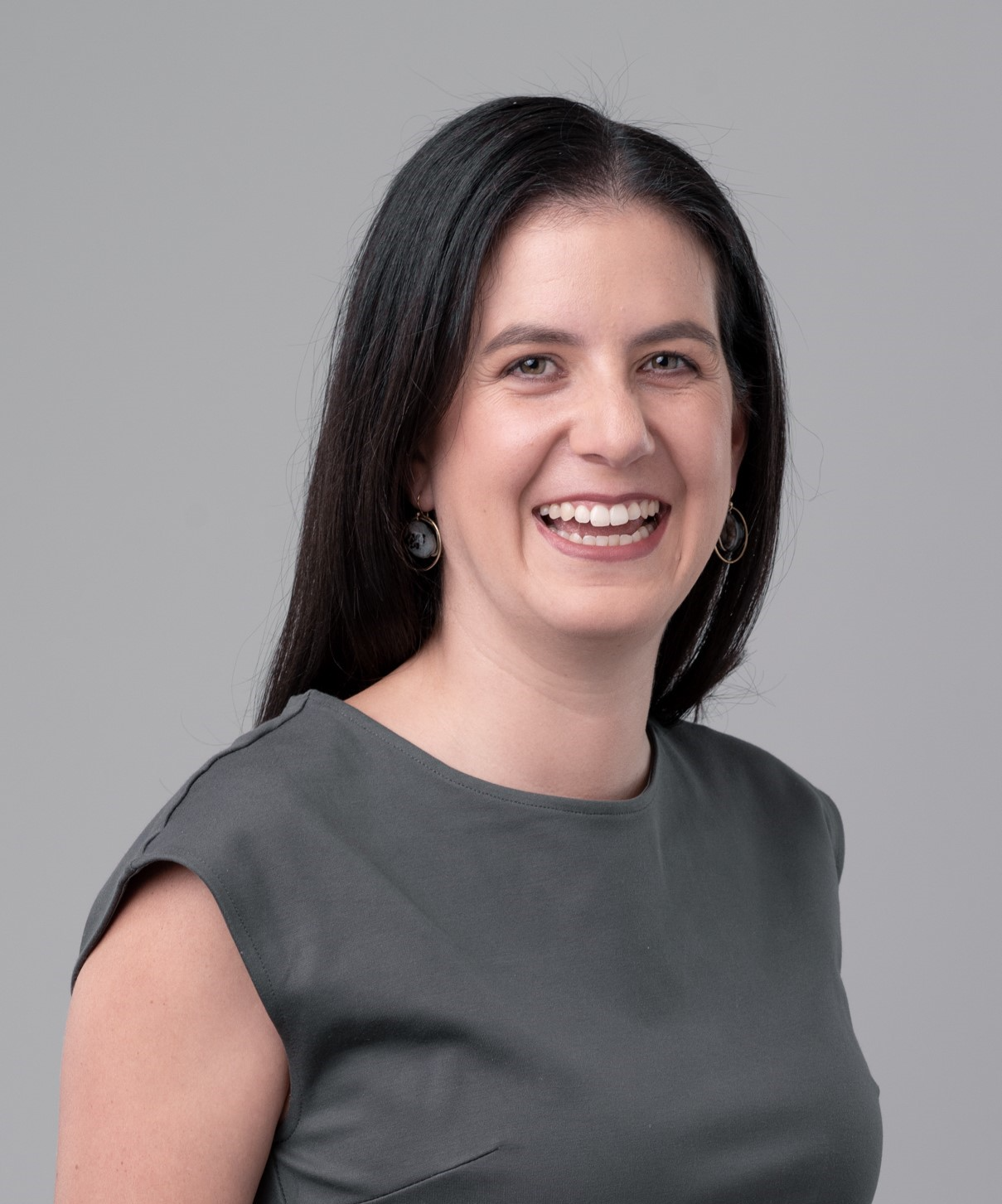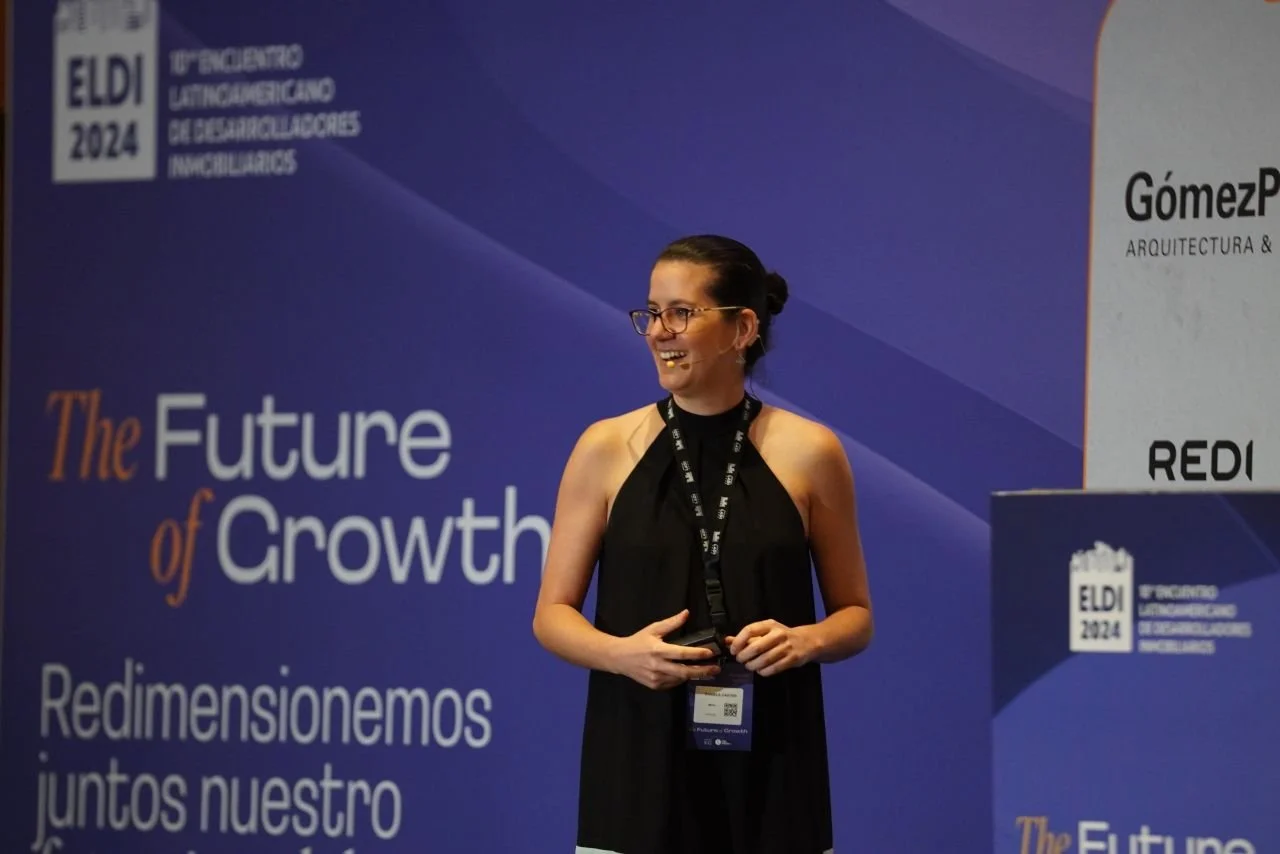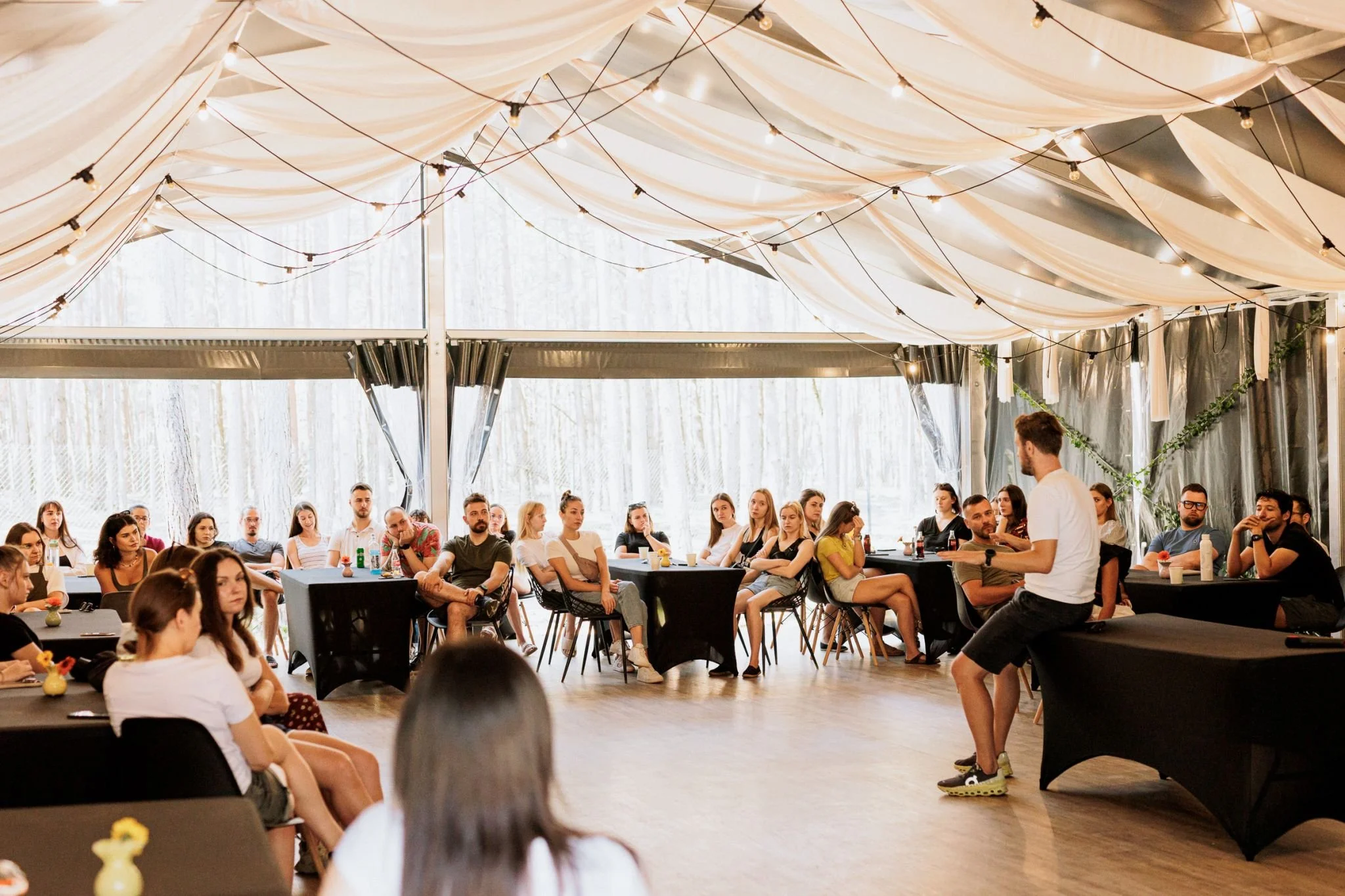Network Insights: How To Be One Step Ahead in Green Building, According to Daniela Castro
At GNFZ, we are grateful to partner with champions of decarbonization and sustainability who understand the barriers that organizations and projects face in achieving their full potential — and more importantly, know how to effectively remove and overcome them.
Which is why we’re excited to share insights from an interview with Daniela Castro, Partner / CEO Mexico at JWA and GNFZ Partner, empowering people and organizations to accelerate the realization of a zero emissions world,
Monthly network insights are shared first with our email list. Subscribe today for exclusive access.
Partner / CEO Mexico at JWA, Daniela Castro
GNFZ: What role do you play in your company and what does your company do?
Daniela Castro: JWA is a consulting firm specialized in sustainability, climate neutrality, energy efficiency, and ESG strategy for the real estate sector. The company actually started about 13 years ago as a small office in Krakow, Poland. From there, it began to grow steadily—first becoming a leading consulting firm in Poland, then expanding across Central and Eastern Europe, and eventually taking on projects internationally. Today, we’ve worked in several countries including the Czech Republic, Spain, Hungary, Croatia, Slovakia, Austria, Germany—and even a couple of projects in Asia.
Almost three years ago, we made a strategic decision to open an office in a new region that’s quickly gaining momentum in terms of sustainability: Latin America. We chose Mexico as our hub—not only for its potential but also because of its flexibility to address projects in the U.S. and Canada.
My own journey with the company is quite personal—almost like it was meant to be. I’ve actually known the company’s CGO since I was seven years old—he’s the older brother of my best friend. His wife is Polish and has been living in Poland for over a decade. So there’s a deep level of trust and connection that made everything flow naturally.
But beyond that personal connection, I’ve been involved with green buildings since 2006—way before it became a mainstream topic. Back then, “net zero” wasn’t even a thing. Over the years, I’ve specialized in sustainable architecture, earned a master’s degree, professional credentials, and postgraduate degrees in areas like net zero, corporate sustainability, and green design. Professionally, I’ve held various roles—as a design architect, sustainability manager, director of design and engineering, and Chief Development and Sustainability Officer for some of Mexico’s top firms in design and real estate development.
All that experience—and the relationships I built along the way—gave me the foundation to lead JWA in Mexico as both partner and CEO. In this role, I get involved in many aspects of the firm, but my focus is making sure we have the right growth strategy, that we’re expanding our client portfolio, and that we preserve the culture and values from our European roots. At the same time, I work to ensure we consistently deliver high-quality work, aligned with our global standards.
Why is achieving net zero in the building sector important to you?
Daniela speaking at a conference in Panama.
As we both know, our sector is responsible for nearly 40% of global greenhouse gas emissions. That means any effort we make to reduce this impact can genuinely move the needle—simply because of the scale we’re working with.
The challenge is that many people still aren’t fully aware of how serious the environmental situation is. So they're often not willing to change even small habits—like turning off the lights or shutting off the tap while washing their hands. Those might seem like tiny actions, but they add up.
As architects and designers, we actually have the power to reduce the harm of these everyday behaviors—by specifying more efficient fixtures, for example. And when we take it a step further and consider the impact of our decisions in terms of embodied carbon, our influence becomes even more significant.
From the small, simple changes to the more complex, technical decisions—we can make a real difference. And that’s something that truly motivates me every day.
What is your definition of leadership?
For me, leadership in the green building sector means being one step ahead—not just in technical knowledge, but in vision and responsibility. It’s about guiding others with a sense of purpose, showing that sustainability isn’t a trend, but a necessity.
In our consulting firm, we see leadership as the ability to connect the big picture—climate goals, regulations, ESG strategy—with the real, on-the-ground decisions that happen in design, construction, and operations. It’s about translating complex sustainability concepts into practical solutions that clients can actually implement.
But it also means being honest and transparent. Sometimes it’s about having difficult conversations—telling a client that a certain approach isn’t truly sustainable, even if it’s more convenient. I think real leadership shows up in those moments, when you're able to inspire change not just by what you know, but by how you communicate it and the trust you build.
And personally, I think it’s also about walking the talk. If we want to lead in sustainability, we need to live it ourselves—through our culture, our daily choices, and the way we work as a team. That authenticity is what makes leadership truly meaningful in this space.
How do you think you will collaborate with GNFZ to bring value to a larger ecosystem of businesses to achieve net zero?
We see our Net Zero services as one of our strongest offerings—what we like to call one of our “star services.” While many green building consultancies focus mainly on certifications, for us, energy is just as important as sustainability. In fact, our Energy and Sustainability teams are equally large.
JWA company offsite in Poland.
Our European roots have played a big role in shaping this. The team there has built up solid expertise through their work aligning with the EU’s ambitious decarbonization goals—which, to be honest, are still a few steps ahead of what we’re seeing in other regions. That means the energy strategies and deliverables we provide to clients are not just compliant, but really robust and practical.
There’s also a great ongoing exchange between our European and Mexican teams, so that knowledge keeps flowing and evolving. And our partnership with GNFZ adds even more value—it gives clients the confidence that their decarbonization strategies are backed by a proven, third-party-validated methodology.
Another big focus for us is retrofitting existing buildings. These will continue to make up the majority of the global building stock, so if we don’t bring Net Zero strategies to them, it’ll be almost impossible to meet global decarbonization goals. We really appreciate that GNFZ shares this vision, and I’m sure we’ll be applying their guidelines to many retrofit projects in the future.
What do you value most about GNFZ’s net zero certification and platform, and how does it benefit your clients?
In this region, one of the biggest gaps we see is the lack of a clear, recognized standard that defines and validates what a real decarbonization strategy looks like. That’s why we really appreciate the international perspective and flexibility that GNFZ brings to the table. Their approach helps fill that gap in a way that’s both practical and forward-thinking.
While we do have some local regulations around energy efficiency, the truth is that they don’t yet set decarbonization as the ultimate goal. And in Mexico, given the current energy policy, achieving Net Zero can be incredibly challenging. But that’s where GNFZ makes a real difference—it offers a framework and tools that allow projects to define a decarbonization pathway, even if Net Zero isn’t immediately feasible.
That’s incredibly valuable for us and for our clients. It means we can still take meaningful steps in the right direction, with a long-term vision and a strategy that’s both technically sound and globally validated.
Is there anything else you would like to add?
We’re genuinely excited about our partnership with GNFZ and truly believe in the potential of what we can achieve together. There’s so much to do in this space, and we’re looking forward to the great things ahead—collaborating, learning from each other, and making a real impact.




